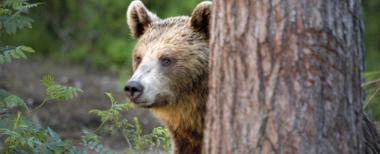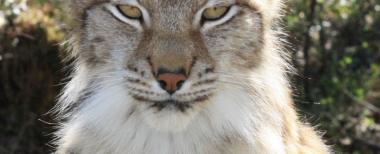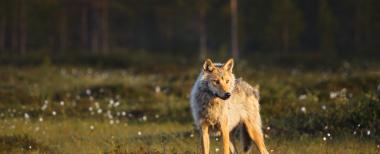latest news
More than 500 nature visitors required intervention
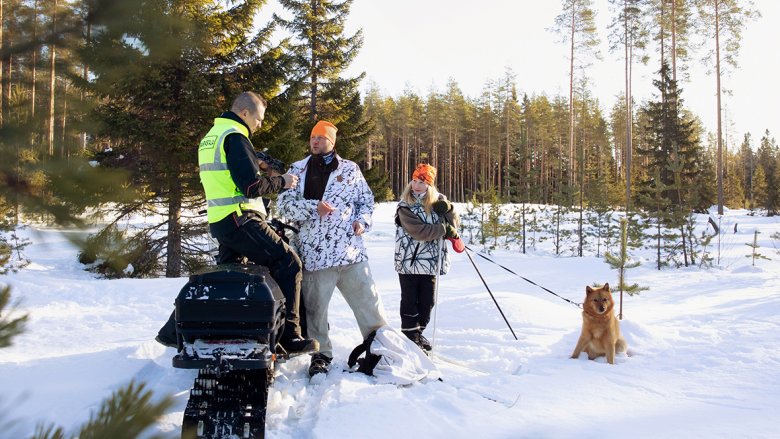 A game and fisheries warden inspecting a hunter in Northern Finland.Kuva: Katri Lehtola / Keksi
A game and fisheries warden inspecting a hunter in Northern Finland.Kuva: Katri Lehtola / Keksi
For the first time, Metsähallitus wilderness supervision has monitored the results of its work in real time throughout the year. The new system reveals that 368 people violated the law while in nature, and 169 people were caught without necessary permits. Read article
Main objectives of Management Plan for Bear Population are to preserve favourable conservation status of bear population and ensure that bears will not lose fear of humans
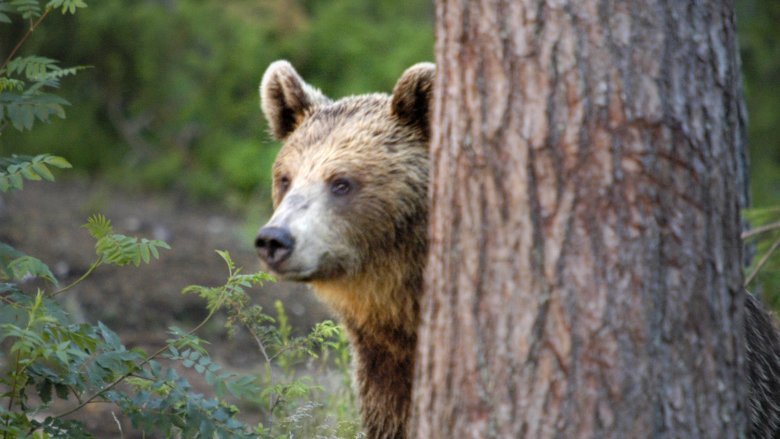
The Ministry of Agriculture and Forestry has approved the updated Management Plan for the Bear Population in Finland. The Management Plan is a key element of the policy on large carnivores and the management of their populations. Read article
Main objective of Management Plan for Lynx Population is to maintain favourable conservation status for lynx
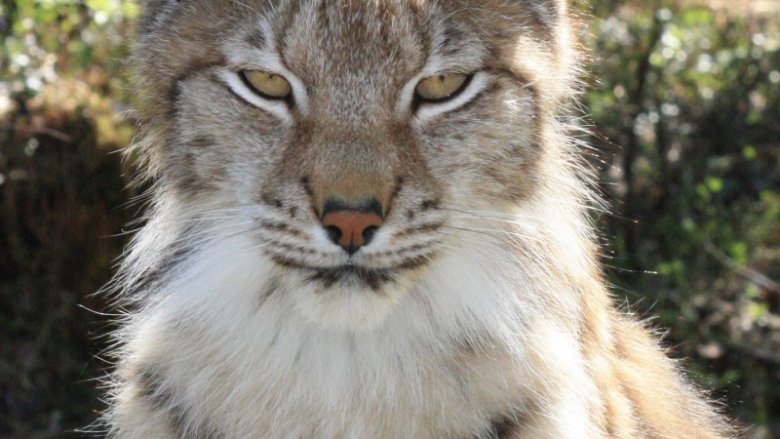
The Ministry of Agriculture and Forestry has adopted the updated Management Plan for the Lynx Population in Finland and confirmed the hunting quota for lynx for the period 2021–2022. The management plan is a key element of the policy on large carnivores and management of their populations. Read article
Report on conditions for hunting wolves to manage the population completed
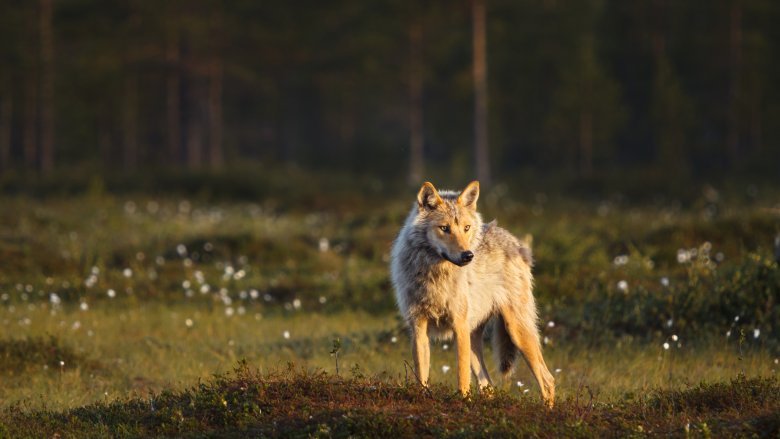
Working groups appointed by the Ministry of Agriculture and Forestry propose a five-year experiment to allow wolf hunting for population management purposes if the population is at a favourable conservation status. The Ministry will assess the possibility to allow hunting after the Natural Resources Institute Finland has published its interim report on the reference values for the favourable conservation status of the wolf population. Read article
New draft Management Plan for the Wolf Population sent for comments

A draft of the updated Management Plan for the Wolf Population has been sent out for comments. The management plan is intended as a tool for managing the Finnish wolf population and wolf-related conflicts and an important means for implementing wolf policy. The plan also fulfils Finland’s international obligations concerning the protection of species. Comments on the draft will be accepted until 30 August 2019. Read article
Engagement needed at the local level to implement the measures in Management Plan for the Wolf Population
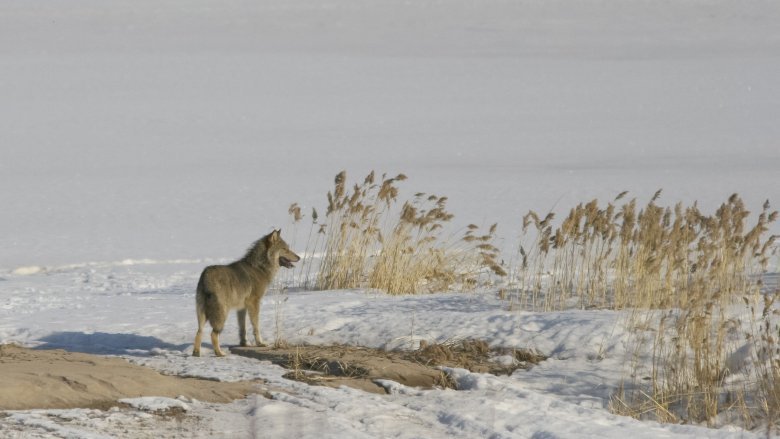
In its meeting, the steering group in charge of the Management Plan for the Wolf Population discussed multi-species population management, the question of acceptance of wolves in society and the importance of taking into account regional and local perspectives when updating the management plan. The next step in the project to update the Management Plan for the Wolf Population is to establish concrete measures and targets. Read article
GPS collaring provides extensive and useful information on wolves

In its meeting on 26 February 2019, the working group preparing the Management Plan for the Wolf Population discussed GPS collaring of wolves and communications related to wolves. The working group stressed the importance of collaring in gathering important data for population estimates and research. Collaring also provides citizens with necessary information, particularly in areas with new wolf populations, and helps to prevent attacks on hunting dogs, for instance. Read article
Working group preparing the Management Plan for the Wolf Population discusses illegal hunting of wolves

In its meeting on 15 February 2019, the working group preparing the Management Plan for the Wolf Population discussed illegal hunting of wolves and measures to improve the social acceptance of the wolf. According to a police estimate, illegal hunting of wolves has been commonplace in Finland. However, only a small number of incidents of illegal hunting of wolves come to the attention of the supervisory authorities. Read article
Working group preparing the Management Plan for the Wolf Population discusses multi-species population management

The working group preparing the Management Plan for the Wolf Population discussed multi-species management of large carnivore and cervid populations that takes into account the interdependencies and relationships between the species. They also explored the theme from the perspective of social and economic impacts. Read article
Hunting and fishing control report: Record amount of large predator supervision
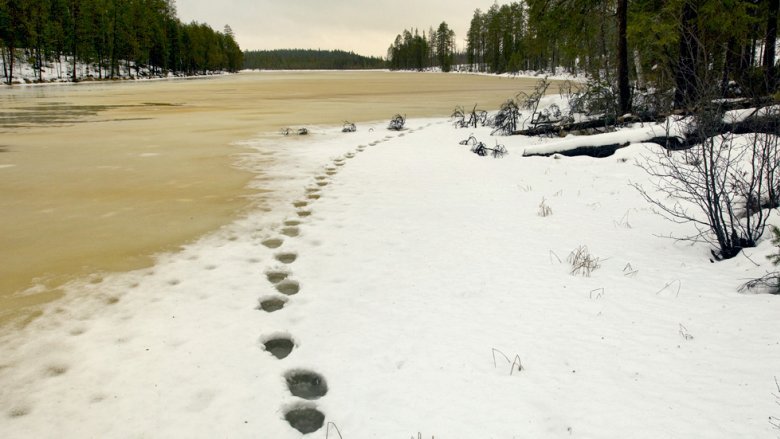
Last year the hunting and fishing supervision authorities conducted a record number of inspections regarding the hunting of large predators. The number of crimes uncovered was below average. Read article
Even moose come in second when hunters in North Karelia go on a bear hunt
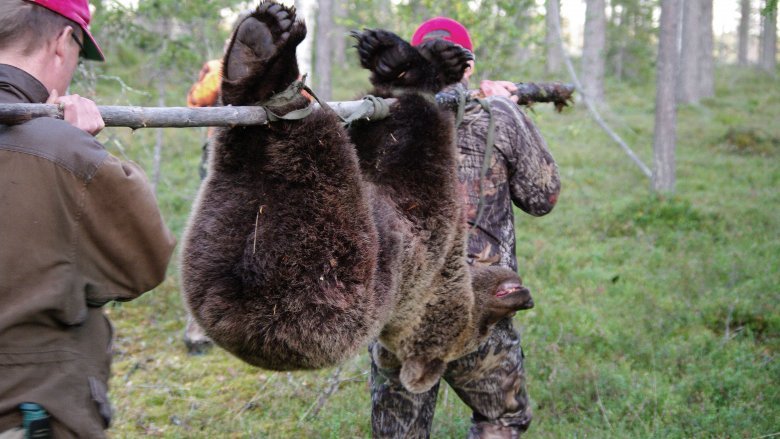
In parts of North Karelia bear hunting is more popular than moose hunting. Especially in Ilomantsi, Lieksa, and Nurmes bears are important big game. Bear hunting begins on August 20. Read article
Suurpedot.fi updates instructions on how to confront large predators
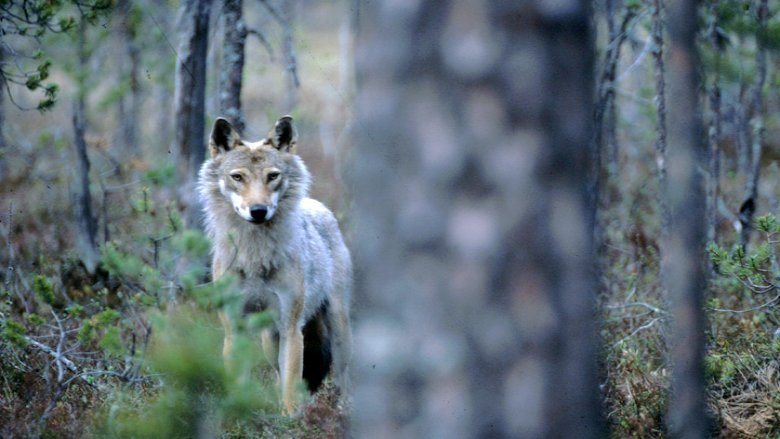
Finns are confronting large predators in nature with increasing frequency. Suurpedot.fi, Finland's official large predator website, responded to the increased need for information and completely redesigned its pages. The pages now include instructions on what to do when confronting a large predator. The pages are produced by Metsähallitus, the Ministry of Agriculture and Forestry, the Finnish Wildlife Agency, Natural Resources Institute Finland, and the Ministry of the Environment. Read article
A wolverine is suspected to have been killed illegally in Taivalkoski
The hunting and fishing supervisors of the State Forest Enterprise (Metsähallitus) have revealed a suspected illegal wolverine killing in Taivalkoski. The police are investigating the case as a serious hunting offence. Read article
Blog, professor Ilpo Kojola: Is there a predator pit in Karelia?
Moose is the number one big game species among Nordic hunters, and the volume of moose meat consumed by humans is multifold compared to other game. Moose hunting also has remarkable socio-cultural meanings for local communities. Due to low population densities, moose was last year virtually protected from hunting within 8 500 km2 area in the province of North Karelia in Finland, fueling particularly hunter displeasure and frustration. Read article
Hunting quota of 53 individuals for wolves outside the reindeer herding area
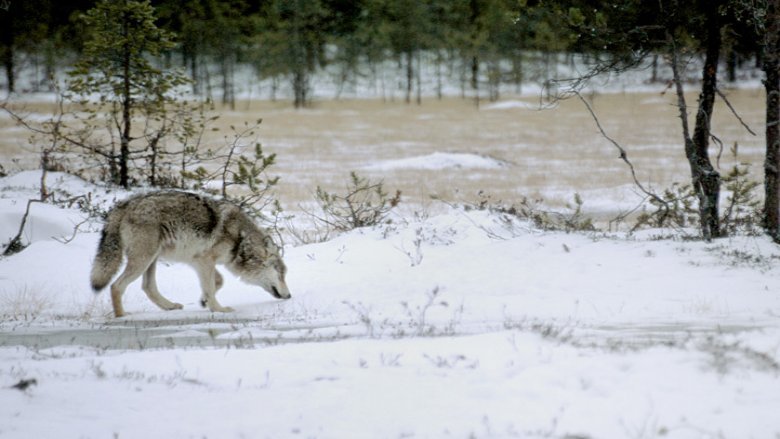
A decree of the Ministry of Agriculture and Forestry sets the annual hunting quota for wolves outside the reindeer herding area at 43 individuals for the hunting years 2016-2018. From the draft circulated for comment the quota was increased by 13 individuals because of the revised population estimates by the Natural Resources Institute Finland. Read article
Ministry of Agriculture and Forestry proposes: Next winter the maximum of 40 wolves may be killed outside the reindeer husbandry area
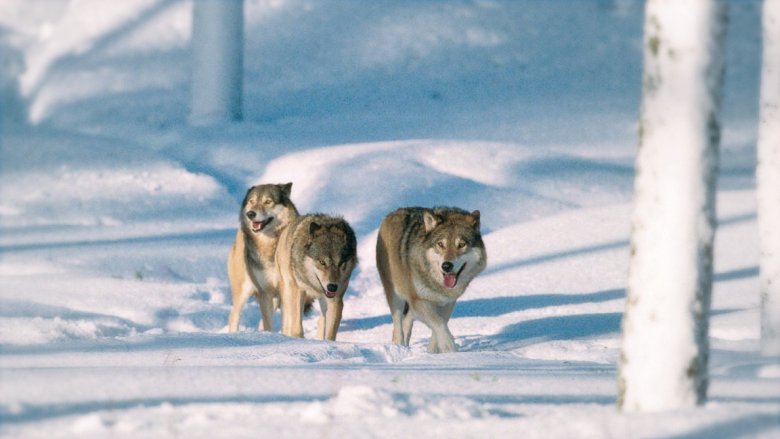
A decree of the Ministry of Agriculture and Forestry and Forestry sets the annual quota for wolves to be killed outside the reindeer husbandry area at 40 for the hunting years 2016–2018. The previous decree for the year 2015–2016 was concerned only with hunting for population management purposes. The quota was 46 and a total of 43 wolves were killed. Removals from the population during the hunting year totalled 78 wolves. Read article
Evaluation of wolf hunting for population management – Hunting continues with some changes
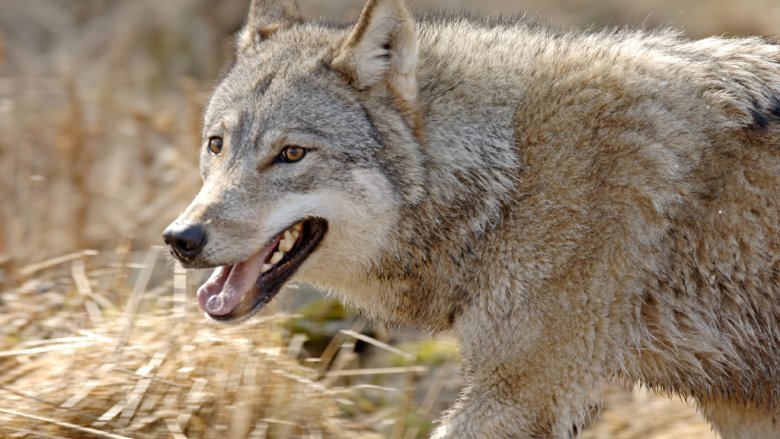
The Management Plan for the Wolf Population in Finland, adopted by the Ministry of Agriculture and Forestry in January 2015, proposes a two-year trial period for allowing more flexibility in the hunting of wolves. The hunting allowed in winter 2015 and winter 2016 was to target young wolves, while killing alpha individuals was to be avoided in order not to put the viability of the pack at risk. After the two-year trial an evaluation was to be conducted before deciding whether hunting should be continued. Read article
Method of estimating Finnish wolf population size has been evaluated
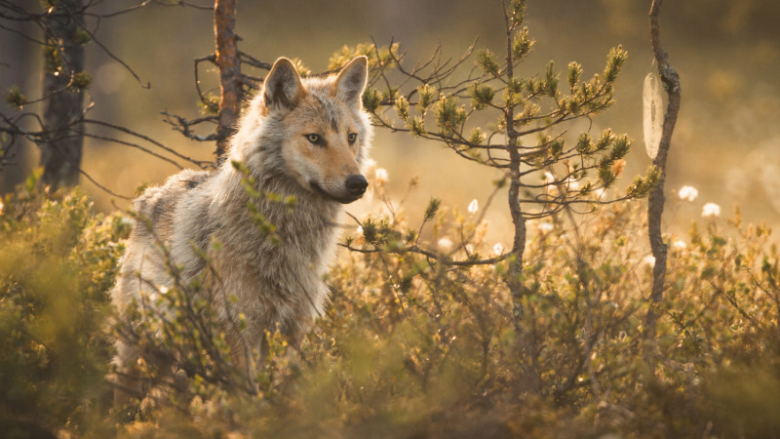
The Natural Resources Institute Finland (Luke) has commissioned an international evaluation of the method used for estimating the wolf population size. The evaluation sought to develop a scientific foundation for the assessment method, in order to enhance its accuracy and transparency. On the basis of this assessment, Luke will describe the method used and publish it in a scientific series subject to peer review, enhance the institute’s methodological and modelling competencies, develop genetic monitoring, and pilot the more extensive use of field staff in areas where only a limited number of predator contact persons are available. Read article
Learn about large carnivores in Finland at largecarnivores.fi
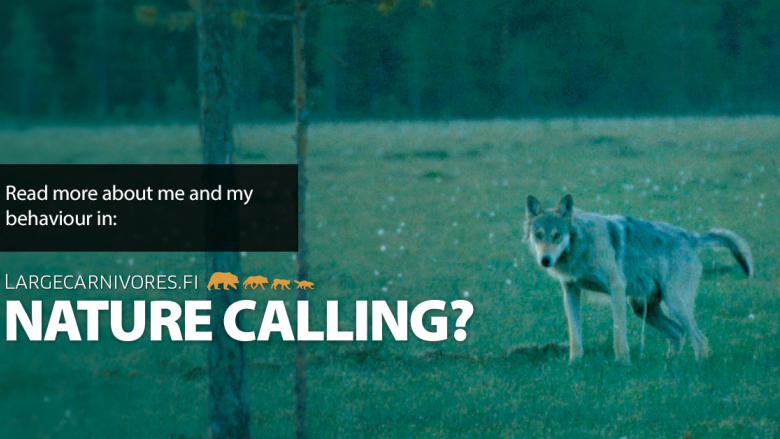
Large carnivore populations are increasing in numbers and spreading to new areas in Europe, thanks to the conservation measures that have been taken. This has aroused considerable interest in large carnivores but also given rise to some concern and public debate. Read article
Implementation of the Wolf Management Plan Well Underway
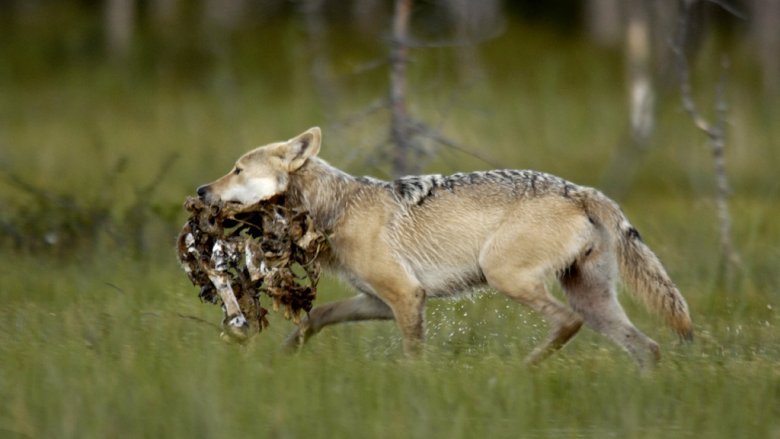
Already half of the measures defined in the 2015 Wolf Management Plan have already been realized. These measures have focused on the wolves, information sharing and acquisition, and the locals’ opportunities regarding their participation in the improvement of their area’s wolf population management. Read article
News archive
Information on large carnivores in Nordic countries
SKANDULV - wolf research in Scandinavia. SKANDULV is working on issues connected with wolf ecology and administration. The main questions concern wolf populations, movement patterns, genetics, ecosystem effects etc.
